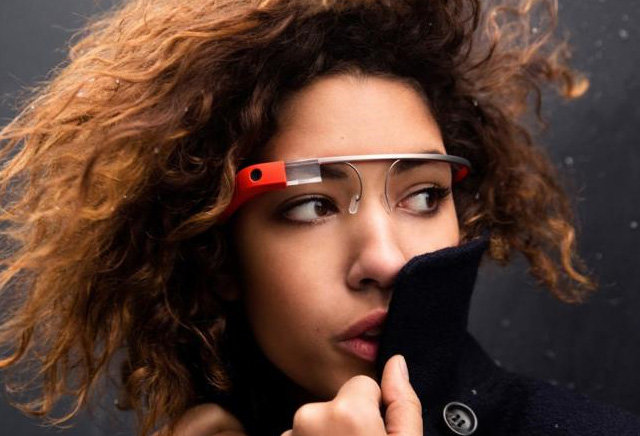A small Google team is at work on developing batteries to overcome some of the obstacles of modern devices, under the leadership of a former Apple expert, according to a recent report.
Sources told The Wall Street Journal that the team is being led by Dr. Ramesh Bhardwaj as part of the Google X research group, and is so far comprised of just four people. The project is said to have begun in 2012.
The Journal noted that in 2013, CEO Larry Page said that battery life in mobile devices was a major problem that could lead to "new and better experiences" if it was solved. Bhardwaj has reportedly told industry executives that Google has at least 20 battery-reliant projects. Some of these include its self-driving car prototypes and Google Glass.
Bhardwaj's team is said to be working not just on improving lithium-ion technology but developing solid-state batteries, which are less chemcially volatile and can be manufactured in thin, pliable layers, making them especially suitable for devices like wearables. The current obstacle is believed to be cheap mass production.
The sources add that separate Google teams are collaboarating with AllCell Technologies on batteries for four projects. Among these is Project Loon, Google's attempt to spread Internet access to remote regions using high-flying balloons.
Battery life is one of the most common complaints about all modern electronics, including those made by Apple. The issue might be especially critical for Apple's rumored electric car project, and indeed, a poaching war between Apple and Tesla may be connected. In February, a poaching lawsuit was directed against Apple by A123 Systems, known for its battery technology.
 Roger Fingas
Roger Fingas








 Charles Martin
Charles Martin

 Malcolm Owen
Malcolm Owen
 William Gallagher
William Gallagher

 Christine McKee
Christine McKee
 Wesley Hilliard
Wesley Hilliard









20 Comments
As I see it, for every incremental increase in battery capacity, we will see incremental increases in functionality of portable devices as in, "We just increased the battery capacity 20% in the same physical size! We can now power a display twice the resolution as before. Oh, and yes, you will still have to charge it overnight."
As I see it, for every incremental increase in battery capacity, we will see incremental increases in functionality of portable devices as in, "We just increased the battery capacity 20% in the same physical size! We can now power a display twice the resolution as before. Oh, and yes, you will still have to charge it overnight."
I agree. The expectation of a full day's use for electronic devices has mostly been met by phones and exceeded by tablets - for most people, most of the time. Unless there is a significant breakthrough that somehow defies the laws of physics, no manufacturer is going to not improve performance or forgo features or improve design exclusively to provide more time between charges.
That said, the automotive industry has not yet found or met the expectation for the general public. Charging a phone every day may be acceptable. Charging a car every day is probably not.
[quote name="jm6032" url="/t/185744/google-at-work-on-major-battery-improvements-with-help-from-former-apple-expert#post_2709157"]As I see it, for every incremental increase in battery capacity, we will see incremental increases in functionality of portable devices as in, "We just increased the battery capacity 20% in the same physical size! We can now power a display twice the resolution as before. Oh, and yes, you will still have to charge it overnight." [/quote] Yep. Smartphones get bigger batteries which make you think they will get longer battery life. But then they slap a pointless 2560x1440 screen on them... negating all that extra battery capacity.
You first have to ask why Dr. Ramesh Bhardwaj would leave Apple to work for Google who does not really make products. Apple is pushing the envelope of battery operate electronics or Tesla. I am thinking Dr. Ramesh Bhardwaj could not hack it at Apple so he ran to google. Individuals like Dr. Ramesh Bhardwaj would have it pretty easy at apple doing basic research. I Just find it interesting we I see people like this leaving a company especially Apple. Most time they stay for very long time since they are paid well and do not have to deal with normal company BS.
You first have to ask why Dr. Ramesh Bhardwaj would leave Apple to work for Google who does not really make products. Apple is pushing the envelope of battery operate electronics or Tesla. I am thinking Dr. Ramesh Bhardwaj could not hack it at Apple so he ran to google. Individuals like Dr. Ramesh Bhardwaj would have it pretty easy at apple doing basic research. I Just find it interesting we I see people like this leaving a company especially Apple. Most time they stay for very long time since they are paid well and do not have to deal with normal company BS.
Any number of reasons someone could choose to leave. Maybe it was having to be focused on the bottom line and ROI, deadline pressure, laser focused on a few products or problems, management, co-workers, pay, location, drunken mistake, etc.